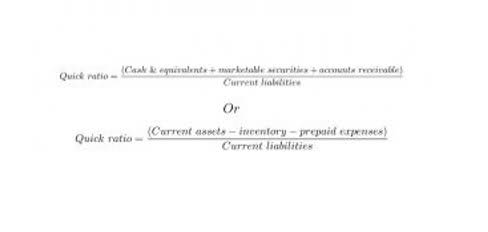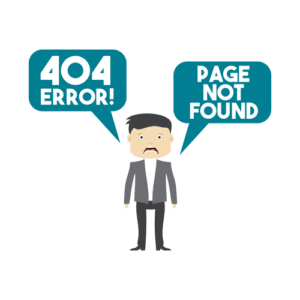
Common equity represents the ownership stake of shareholders who have purchased shares of stock in the company. Preferred equity, on the other hand, represents a special class of shares that have priority over common equity when it comes to dividends and asset distributions. It is important for investors to understand the different types of equity and their rights and privileges.
#2 Book Value of Equity (Accounting)
This can be achieved through cost-cutting measures, increasing sales, or implementing more efficient business practices. Companies can also consider restructuring their debt or seeking additional capital injections to bolster their equity position. Equity refers to the residual interest in the assets of a company after deducting its liabilities. It represents the ownership claim on the company’s assets and can be considered as the value that the owners or shareholders have invested in the business.
Find out whether your company is growing
Learn how to build, read, and use financial statements for your business so you can make more informed decisions. With private equity, funds are managed by a private equity firm. All of the money that investors contribute to the fund is then distributed into a variety of investments that are made on behalf of the entire fund.

Calculating Total Liabilities

Equity matters because it shows how much financial strength something has. A house with high equity means you’ve Accounts Receivable Outsourcing paid down a lot of your mortgage and own more of your home. A company with high equity has less debt and is generally more stable. Understanding equity helps you make smart financial decisions. Research companies with strong equity to potentially see better returns.


If your business has strong fundamentals and isn’t financing all of its growth with debt, your owner’s equity should be increasing with time. Understanding equity and being able to track its growth is crucial to understanding the long-term financial health of a business. Equity is an important financial term with varying meanings. Often when someone says equity, they mean either owner’s equity/ shareholder’s equity. It represents the net worth or book value of a company or a business. In the initial phases of a start-up business, equity is typically low or even negative.
Equity and Financial Accounting
VJM Global helps U.S. businesses and CPA firms maintain accurate financial records for clear equity reporting. We handle bookkeeping, balance sheet preparation, and equity reconciliation to ensure your financials are audit-ready and GAAP-compliant. Equity metrics are vital for investors, analysts, executives, regulators, and others to assess financial health, make decisions, and guide strategies. Any business owner who is serious about growing their business needs to understand equity. If you own a partnership with someone, you probably agreed to split the owner’s equity with one or more of the partners in percentage terms. You might own a 70% stake in the company while your partner owns 30%, for example.

If you total up the value of all the shares you own, that’s your total stock in the company. If you own an unincorporated small business, you already have equity. In this case, trial balance it’s just the value of all your assets (cash, equipment, etc.) minus all your liabilities .
- It is important to differentiate between these two concepts and understand their distinct roles in a company’s financial statements.
- Read on to learn more about what equity is and how it’s calculated.
- Think of it as the “net worth” section of the balance sheet, reflecting what truly belongs to the shareholders.
- Equity, sitting between the two, reveals the owner’s stake in the business and signals financial health.
- As assets increase, the value of the company increases, which increases the value of shareholders’ ownership stake in the company.
Why Equity is Important in a Business
It represents ownership value, not theoretical but real, documented, and actionable. For example, if a company takes on a loan of $50,000, it would increase the company’s total liabilities by $50,000. If the company’s total assets remain the same, the increase in liabilities would directly decrease the company’s equity by $50,000. This demonstrates how an increase in liabilities can impact equity. For example, if a company purchases a piece of machinery for $100,000, it would increase the company’s total assets by $100,000. If the company’s total liabilities what is the formula for determining equity remain the same, the increase in assets would directly increase the company’s equity by $100,000.
Step 1: Gather Financial Statements
When your company incorporates, it has to call a board meeting to decide how many shares each of the company’s original owners will get. People used to get pieces of paper called share certificates (shown above) to show that they actually owned shares of a company. Some companies will still issue paper certificates if you ask them for one, but most stock today is handled digitally. Shares are small pieces of your company that are worth a certain dollar value.
